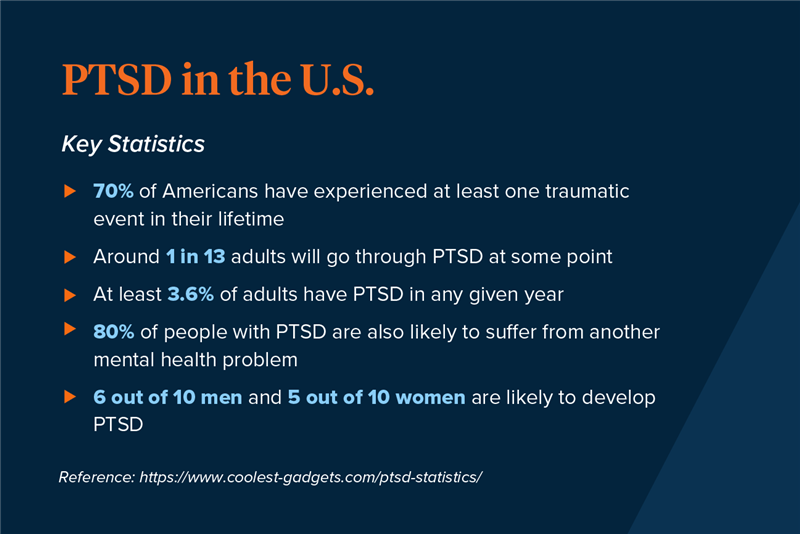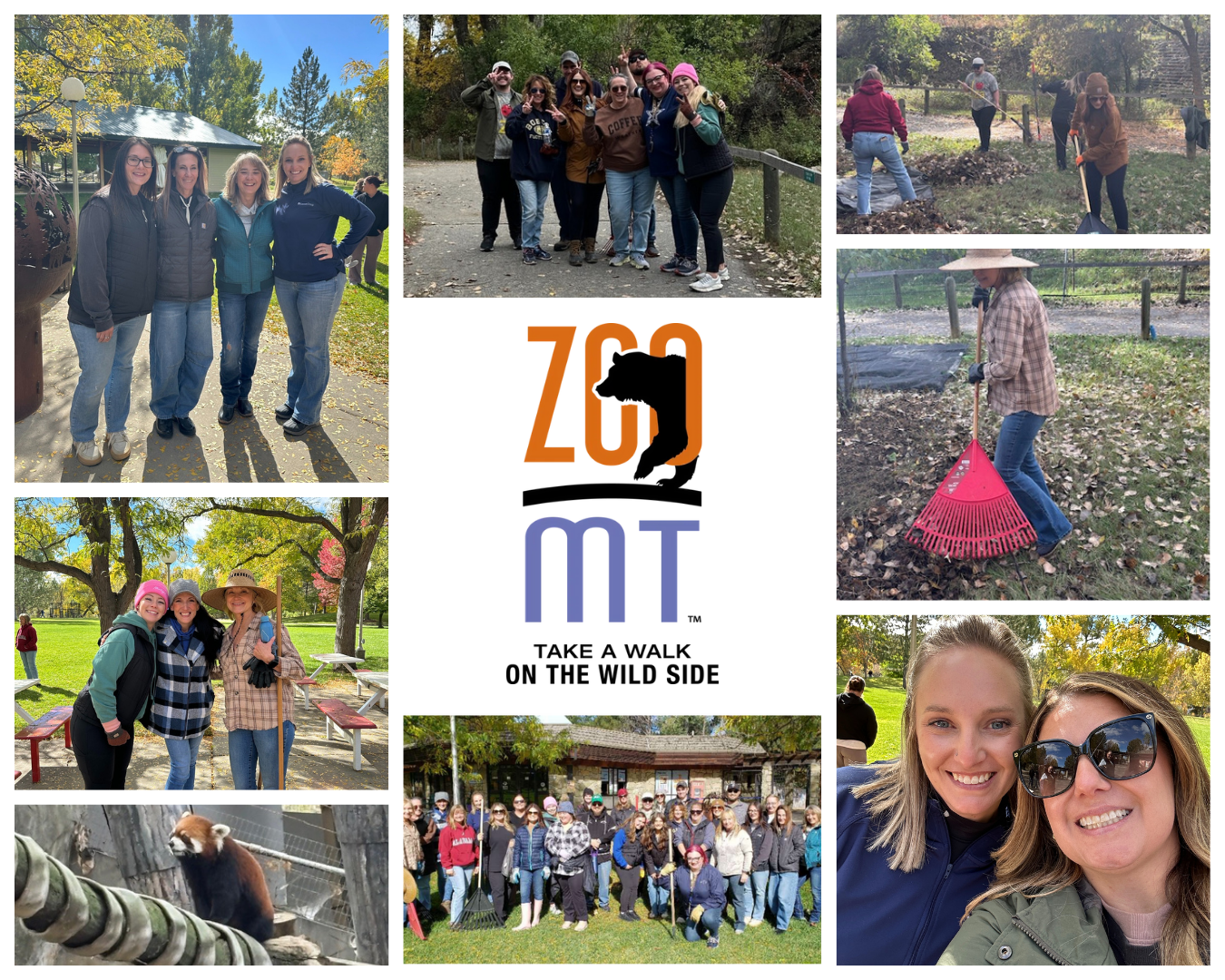What is PTSD?
PTSD is a mental health condition triggered by experiencing or witnessing a traumatic event. While it’s often associated with military service, PTSD can affect anyone—survivors of accidents, natural disasters, abuse, or any life-threatening situation.
Common symptoms include:
- Intrusive memories or flashbacks
- Avoidance of reminders of the trauma
- Negative changes in mood or thinking
- Heightened reactions such as irritability or being easily startled
How Common is PTSD?
According to the National Center for PTSD, about 12 million adults in the U.S. experience PTSD in any given year[1]. While not everyone who experiences trauma develops PTSD, it’s a significant public health concern that affects people across all walks of life.

The Impact of PTSD in the Workplace
PTSD can significantly affect an employee’s ability to concentrate, interact with others, or manage stress. For employers, this can translate into:
- Increased absenteeism
- Reduced productivity
- Higher healthcare costs
- Challenges in team dynamics
However, with the right support, individuals with PTSD can thrive professionally. Creating a trauma-informed workplace benefits everyone by fostering empathy, flexibility, and resilience.
How Families and Employers Can Support Someone with PTSD
For Families
- Educate Yourself: Learn about PTSD to better understand your loved one’s experience.
- Be Patient and Present: Healing takes time. Offer consistent support without pressure.
- Encourage Treatment: Gently support their journey toward therapy or counseling.
- Practice Self-Care: Supporting someone with PTSD can be emotionally taxing—don’t neglect your own well-being.
For Employers
- Promote Mental Health Awareness: Normalize conversations around mental health.
- Offer Flexibility: Allow flexible schedules or remote work when possible.
- Provide Access to Resources: Ensure your Employee Assistance Program (EAP) includes mental health services.
- Train Managers: Equip leadership with tools to recognize and respond to mental health needs sensitively.
Resources for Individuals, Families, and Employers
Here are some trusted resources to explore during PTSD Awareness Month and beyond.
For Individuals
- PTSD Coach App: Tools for managing symptoms, including self-assessments, relaxation techniques, and coping strategies.
- VA Mental Health Services: Comprehensive mental health support for veterans and their families, including crisis lines and therapy options.
- PTSD Self-Screen: A confidential tool to help assess whether your symptoms may be related to PTSD.
For Families
- PTSD Family Coach App: Support and education for loved ones of individuals with PTSD, including stress management tools and relationship tips.
- AboutFace: Real stories from veterans, family members, and clinicians about living with PTSD and seeking treatment.
For Employers
- Mental Health America Workplace Toolkit: Resources to help employers create a supportive and mentally healthy work environment.
- Job Accommodation Network (JAN): Expert guidance on workplace accommodations for employees with mental health conditions, including legal compliance and practical solutions.
Take Action This June
PTSD Awareness Month is more than a campaign; it’s a call to action. Whether you’re sharing resources, checking in on a colleague, or learning more about trauma-informed care, every step helps break the stigma and build a more supportive world.
Let’s stand together in awareness, empathy, and hope.
References
[1] Help Raise PTSD Awareness - PTSD: National Center for PTSD




 (1).png/500w/webp/60q)
.png/500w/webp/60q)